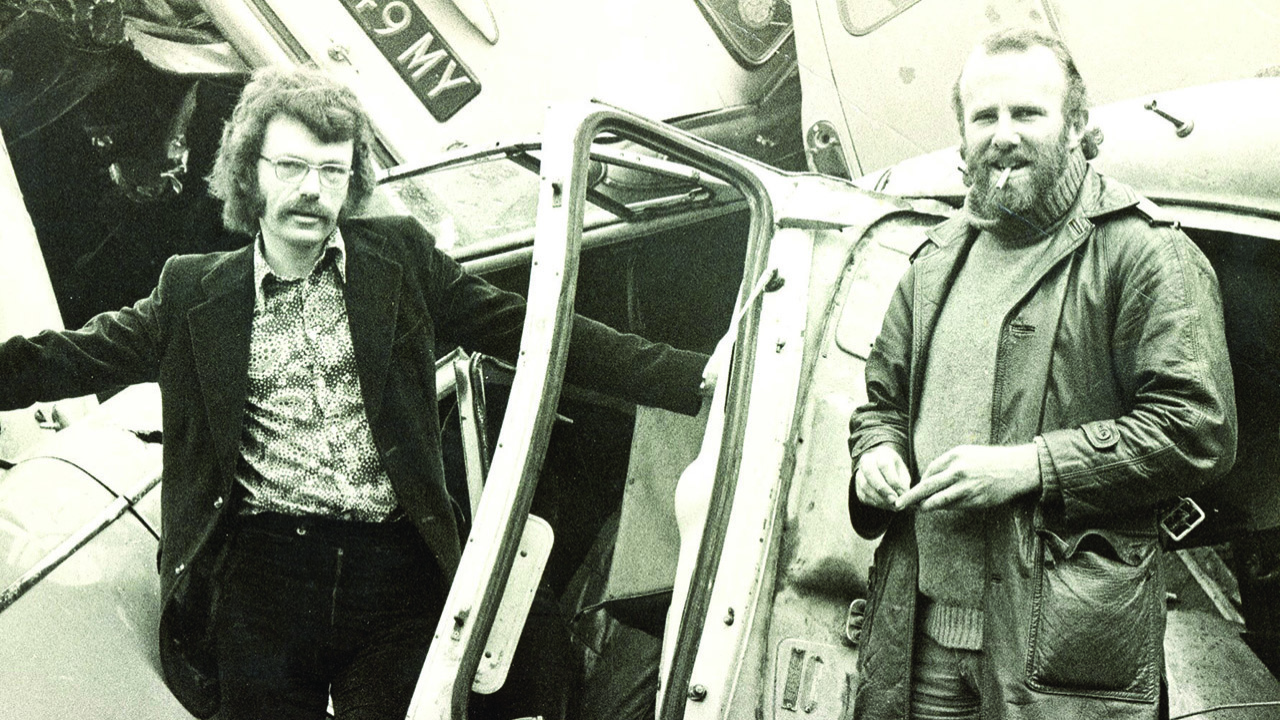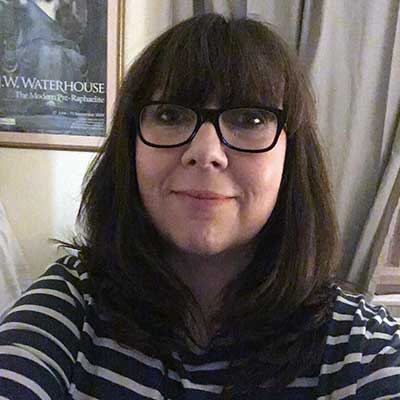Author, poet, critic, ranconteur, greatest living Australian (who isn’t a member of AC/DC), Clive James has countless strings to his bow. But what’s not so well known is his 50-year stint as lyricist for singer-songwriter and university pal Pete Atkin (pictured above). Here, James looks back on his relationship with rock’n’roll.
What’s the difference between poetry and lyrics?
The main difference between a poem and a lyric is that you can’t really set the poem to music because it’s too complicated in its syntax. There is a terrible “art song” tradition in which Benjamin Britten sets poems by Wilfred Owen and the results are awful, though often highly praised by critics who don’t want to believe that popular music can be serious.
What makes a good lyricist?
The main thing that used to make a good lyricist was the income that could be earned in Tin Pan Alley. All my favourite lyricists wrote hits if they could. My very favourite is Johnny Mercer, because in my own mind I’m always in the bar at a quarter to three.
You’ve said that lyric-writing is your favourite form of writing anything. What do you love about it?
I love the freedom that comes with the tight discipline. With a stanza form to fill out, you simply have to think of a phrase. The great Dorothy Fields used to pull some of her best phrases straight out of common speech. Sondheim was right to praise her colloquialism and her effortlessness. Those are the two qualities I would like to think I sometimes achieve, although to be colloquial sometimes risks sounding merely flip, and making an effort to seem effortless is never easy.
When writing lyrics, who are you hoping to reach? Did you ever do it to impress the opposite sex?
Mainly I’m still hoping to reach me; and my wife tells me that everything I’ve ever done, including the washing up, has been done to impress the opposite sex.
Did you ever try the easy route and ‘knock out some hits’?
Often, but it’s not an easy route. A hit can’t be just knocked out, alas. As a lyricist I’ve always been rather in the position of my novelist ancestor Henry, who was always sitting down to write a pot-boiler, but it would come out as The Ambassadors or something, and sell about ten copies.
If there’s one lyric you wish you’d written what is it?
Pete and I played this game for years and came up with a hundred different lists of ten, but always high on every list was You Don’t Know What Love Is. Hardly anybody can give you the names of the pair who wrote it. The deliciously singable melody was by Gene de Paul and the very beautiful, quietly clever lyric was by Don Rae. ‘And lips that taste of tears/ Lose their taste for kissing.’ Now that’s wit. I tip my hat to that.
You met your creative partner Pete Atkin at Cambridge Footlights. Can you set the scene? And how did you become collaborators?
I’m not going to set the scene for you because I already set it in my book of autobiography May Week Was In June [We have a picture, though, ha ha] . Sufficient to say that there was beer involved, and infinite leisure. The short answer to the last part of your question is that I strong-armed him.
In the 70s you wrote for Creem magazine. How did you get into music journalism – and why did you leave it?
I got into it because I thought it would help our exposure and I left it because it didn’t, but for a while I was writing as seriously as I could about what I thought pop and rock were doing to enrich the spectrum of the arts, and I might still get around to reprinting some of those articles, although they tended to be a bit pompous, which is what almost always happens when you try to fight on stilts. Really I was so enraged by [German philosopher Theodor W] Adorno’s attitude to popular music – he thought it was a capitalist imposition on the helpless working class, etc – that I tried to set myself up as kind of anti-Adorno, having temporarily forgotten that nobody sensible has ever given a tinker’s curse about that brand of supercilious pseudo-theoretical bullshit.
Who was the most famous person in rock that you interviewed?
There were people I wished that I’d interviewed but didn’t. I was besotted by Kate Bush, for example. Dear thing, after I got sick she rang me up and asked me how I was doing. I told her that I was doing better from the moment she came on the line. Then I went off and played her disc of Wuthering Heights and marvelled all over again at her originality.
There’s a lot of snobbery around rock music – what’s your view?
Time usually takes care of it. Back in the day, I was snobbish myself about Leonard Cohen’s poetry, which I thought was out of focus. Then I started listening closely to his lyrics and reluctantly admitted that he might have something. Half a century later, I’m a total fan. ‘There’s a funeral in the mirror/ And it’s stopping at your face.’ I wish I’d written that.
Who’s best, The Beatles or Led Zeppelin?
Luckily, all the good things add to each other without conflicting. I can’t improve on how I put it recently in my Guardian column, which I’m having such fun writing: at a high enough level of achievement, there really isn’t a hit parade, there’s just a festival.
Eventually, things ground to a halt with Pete – for 25 years. How did the venture reignite?
I think I got guilty about helping to keep him broke. Then the interest on the web proved that there were quite a lot of people who still liked our stuff, and I got inspired again. Still am, really, but too tired to do much about it. That being said, it’s just possible that a few new ideas for lyrics might be stirring. But I wouldn’t want to promise anything I might not deliver. I really am quite feeble. I’m not in pain, but I am painfully short of energy.
You got out and toured. What’s a Clive James groupie like?
Ah, those were the days: the van, the rolling road, the Eagles and Steely Dan on the sound system, the ineffable romance of the motorway service area. The Clive James groupie tended to have a science degree and a deadly combination of long hair and bald head. He showed no inclination to go back with me to my hotel room.
When you became ill [James was diagnosed with B-cell chronic lymphocytic leukemia in 2010], did it change the way you wrote? Did it become harder, and did the subject matter or tone shift?
Writing got a lot harder but it also got less likely to be vague. I’ve been much sharper lately, perhaps because there’s so little time, and a lot still to be said. That, in itself, is a new subject; so I don’t complain. I feel blessed, in fact, and I think that feeling shows in what I do.
And your current health state - “unreasonably well” - means creative juices are still flowing. So what’s next for you and Pete?
To the extent that I’m able to be busy as a writer, I’ve got quite a lot going on. There’s a secret little book about two thirds done; new poems seem to be arriving at a demanding rate; and in spring I will have to find a way of helping to launch my Collected Poems, which Picador have got all set to go. All this while I’m practically leaning against death’s door. Yet I had a moment just recently when I was looking at the video of me and Pete talking shop on the front page of Pete’s website and I thought: this is too good to quit, I must do a few more things. Even just one more thing. We’ll have to see.
Clive and Pete’s latest album The Colours Of The Night is out now via Hillside Music.

